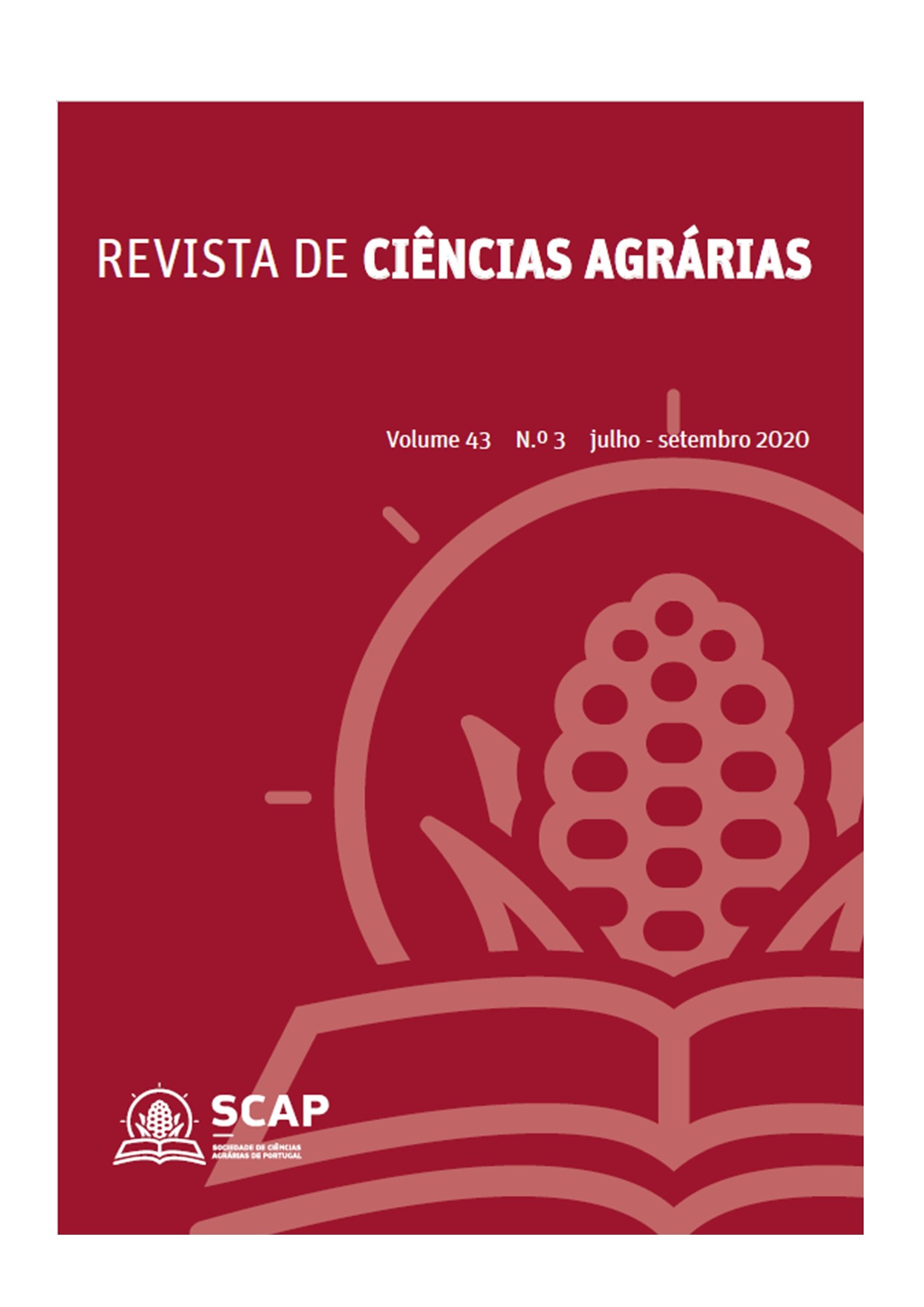Meloidogyne species in acerola tree in Sub-middle of São Francisco River Valley, Brazil
DOI:
https://doi.org/10.19084/rca.20946Abstract
Brazil is the world´s largest producer, consumer and exporter of acerola. Due to its high content of vitamin C, acerola has great potential for industrialization and has triggered the interest of producers and the consumer market. However, in areas with acerola tree orchards there has been a reduction in fruit yield and quality, due to the occurrence of root-knot nematodes (RKN) Meloidogyne spp. The objective of the present study was to identify RKN species associated with acerola tree orchards in Sub-middle of São Francisco River Valley, Brazil. For this, 75 samples, containing soil and acerola tree roots, were collected in areas of the irrigated perimeters of Petrolina, Pernambuco state, and Juazeiro and Sobradinho, Bahia state, Brazil. Based on the analysis of the esterase phenotypes, a total of 75 populations were identified, of which three were mixtures: 72 presented the typical phenotype of M. enterolobii (En4), two of M. incognita (I1), two of M. arenaria (A2), one of M. javanica (J3) and one with an atypical phenotype (P1). The main acerola tree cultivars planted in the region were hosts of RKN species, with emphasis on M. enterolobii.


